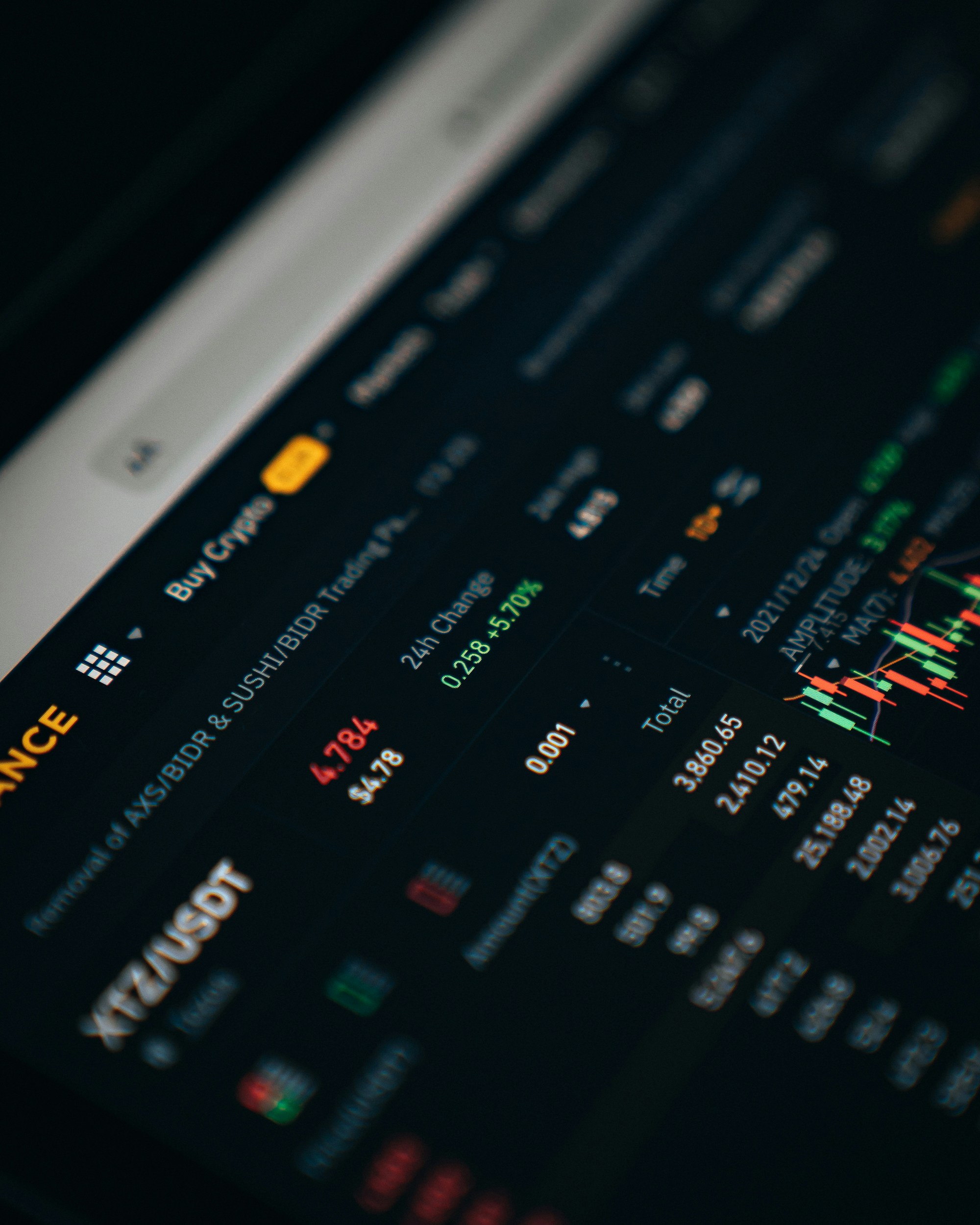
The financial sector is on the cusp of a transformation, driven by the integration of Quantum Artificial Intelligence (AI) into trading platforms. This emerging technology is not just an upgrade to existing systems; it represents a revolutionary approach that could redefine how markets operate. This article explores the promising future of finance through the lens of Quantum AI trading platforms, highlighting their potential impacts on market efficiency, risk management, and accessibility.
### Unleashing Market Efficiency
Quantum AI trading platforms utilize the immense processing power of quantum computers, combined with the sophisticated algorithms of AI, to analyze market data at unprecedented speeds. These platforms can process and interpret vast arrays of information from diverse sources, including global economic indicators, corporate financial reports, and real-time trading data. By doing so, they can identify market trends and investment opportunities much faster than traditional systems, significantly increasing market efficiency.
### Revolutionizing Risk Management
Risk management is a critical component of trading, and Quantum AI platforms transform this aspect by predicting potential market shifts with high accuracy. These platforms leverage quantum computing to perform complex simulations and scenario analyses, evaluating risks that would be too intricate for conventional computers to handle quickly. AI enhances this capability by learning from data patterns and anticipating market volatilities, enabling traders to make more informed decisions and manage risks proactively.
### Democratizing Trading
Quantum AI trading platforms could democratize the trading landscape by making high-level trading strategies accessible to a broader range of investors. Traditionally, sophisticated trading algorithms and the computational power to run them have been the domain of large financial institutions. However, with Quantum AI, these powerful tools could become more widely available, leveling the playing field between individual investors and large firms. This accessibility could lead to more participatory and inclusive financial markets.
### Sustainability and Long-Term Growth
Beyond immediate financial benefits, Quantum AI trading platforms have the potential to contribute to the sustainability of financial markets. By improving the accuracy of market predictions and risk assessments, these platforms can help avoid the kind of speculative trading that leads to market bubbles and crashes. Moreover, the enhanced data processing capabilities can lead to better long-term investment strategies that support sustainable economic growth.
### Challenges and Ethical Considerations
Despite their potential, Quantum AI trading platforms come with challenges and ethical considerations. The complexity of quantum technology and the need for massive data handling raise concerns about privacy, data security, and the potential for market manipulation. As these platforms become more common, it will be crucial to develop robust regulatory frameworks to ensure that they are used ethically and that their benefits are distributed equitably across society.
### Conclusion
The future of finance looks promising with the advent of Quantum AI trading platforms. As these platforms evolve, they are expected to transform market operations by enhancing efficiency, managing risks more effectively, and making high-quality trading tools available to a wider audience. While challenges remain, the proactive management of these concerns will be key to harnessing the full potential of Quantum AI in shaping a more stable, efficient, and inclusive financial market.